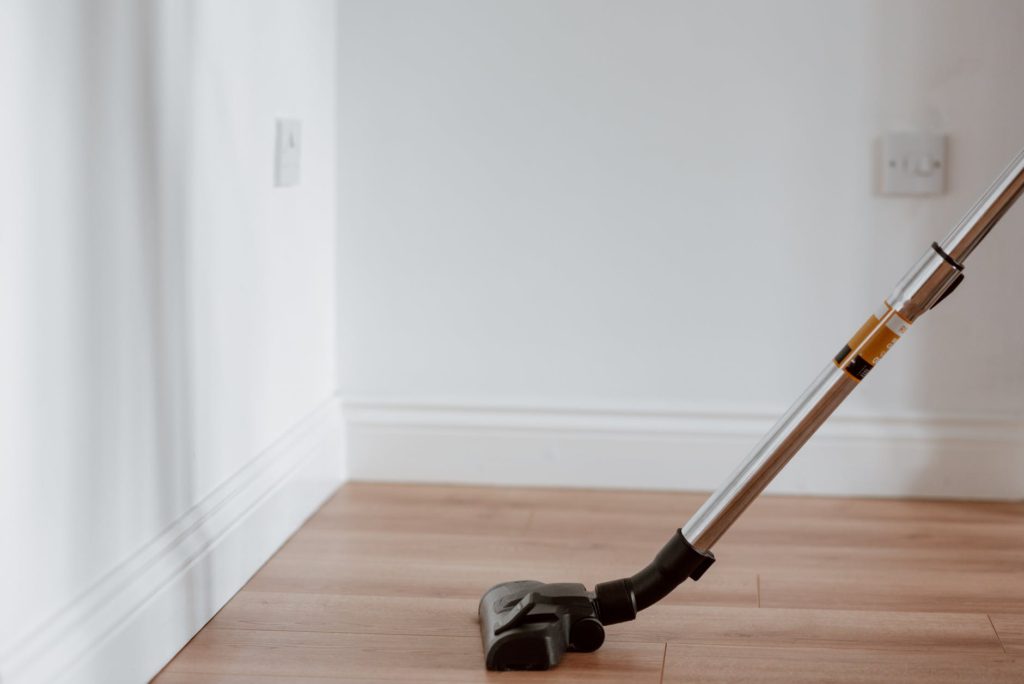The Best DIY Natural Cleaner for Glass Surfaces
Are you tired of harsh chemicals lurking in your cleaning supplies? Discover the benefits of using natural cleaners, particularly for your glass surfaces.
This article explores common ingredients found in natural glass cleaners, including the magic of essential oils. You’ll find simple DIY recipes to create your own effective cleaner and tips and tricks for optimal use. Additionally, we compare the environmental impact and effectiveness of natural versus traditional cleaners.

Benefits of Using Natural Cleaners
Using natural cleaners has many benefits, including enhancing your cleaning routine and promoting a healthier living environment. By choosing eco-friendly options, you keep harmful chemicals out of your home, making it health-safe for children and pets.
Moreover, natural cleaning solutions like vinegar and bicarbonate of soda are effective and biodegradable, helping you reduce your ecological footprint. And let’s not forget—these homemade cleaners often leave behind a fresh scent, making your home feel even more inviting while still getting the job done.
Common Ingredients in Natural Glass Cleaners
The world of natural glass cleaners is full of common ingredients that give you a streak-free shine while keeping you and the environment safe.
Vinegar is a standout here; it’s a powerful cleaning agent that tackles grime and smudges like a champion. Then there’s bicarbonate of soda, a gentle abrasive that polishes glass surfaces without scratching them.
And let’s not forget essential oils, such as lemon juice. They clean and add a refreshing aroma that makes your cleaning routine a little more enjoyable.
Overview of Essential Oils and Other Ingredients
Essential oils are more than pleasant aromas; they are your secret weapon for natural cleaning solutions. They bring antibacterial properties to the table, enhancing your cleaning efforts. When you add ingredients like tea tree oil or lavender to your routine, you are not just creating a germ-free zone—you are also enjoying a refreshing scent that makes cleaning feel a bit more enjoyable. Furthermore, these natural ingredients are often hypoallergenic, making them safe for children and anyone with sensitivities.
Along with their lovely fragrances, each essential oil has special cleaning powers that can assist with various household tasks. For example, lemon oil is excellent for cutting through grease, while eucalyptus oil is brilliant at disinfecting surfaces. These natural compounds can transform those tedious chores into something delightful as the uplifting scents fill the air.
Choosing natural disinfectants reduces your exposure to harsh chemicals and benefits the environment. Thus, you can feel good about your cleaning choices while keeping your home safe and clean.
DIY Recipe for Natural Glass Cleaner
Making your own natural glass cleaner is incredibly simple. It allows you to tap into the power of natural ingredients while being environmentally friendly.
This straightforward recipe combines vinegar, bicarbonate of soda, and a few drops of essential oils to create a powerful cleaner that removes grime without leaving any streaks. Just mix everything in a spray bottle, and you’re all set to make those glass surfaces gleaming clean.
Step-by-Step Instructions
Follow these easy step-by-step instructions to make your own natural glass cleaner that’s gentle on surfaces but tough on grime. First, gather your ingredients—vinegar, bicarbonate of soda, and some essential oils—and grab a clean spray bottle for hassle-free application.
Once you’ve mixed everything, shake it well and grab a microfibre cleaning cloth to apply the solution to your glass surfaces for that streak-free shine.
This DIY cleaner is perfect if you want to cut back on harsh chemicals while still achieving sparkling clean windows and mirrors. To kick things off, make sure you’re in a well-ventilated area when you mix your ingredients; you don’t want those strong vinegar smells lingering. Distilled vinegar has purifying properties, and adding a few drops of essential oils like lemon or lavender can provide a nice, fresh scent.
Next, spray the solution generously on your desired surface, and use that microfibre cloth in circular motions to cover every corner. If you encounter any tough spots, let the solution sit briefly to break down the grime before wiping it away.
With these tips and tricks, you won’t just have a cleaner space but also enjoy the whole eco-friendly cleaning experience!
Tips and Tricks for Using Natural Glass Cleaner
Natural glass cleaners can be exceptionally effective, especially if you pick up simple tips and tricks to enhance your cleaning routine.
For a perfect streak-free shine, always apply your homemade cleaning solution to a microfiber cloth instead of spraying it directly onto the glass. This small change helps you avoid streaks and makes your cleaning more efficient, leaving no residue behind.
Best Practices for Effective Cleaning
To make the most of your natural glass cleaner, you’ll want to embrace some best practices that highlight the unique cleaning powers of your ingredients. Start by dusting your glass surfaces to remove any loose particles.
After that, grab your cleaning solution and treat the surface, using circular motions to ensure even coverage and a shiny finish.
Using a microfibre cloth can really improve your cleaning game since it absorbs moisture without scratching the glass. If you encounter stubborn spots, don’t hesitate to apply a second round of your solution, followed by some solid buffing to bring out that sparkling shine. It’s also a good idea to clean when the temperatures are moderate and to avoid direct sunlight, which can lead to streaks.
By making this routine a part of your schedule, you’ll see impressive results and help maintain the integrity of your surfaces, extending their lifespan and keeping them looking great.
Comparing Natural Glass Cleaners to Traditional Cleaners
When natural glass cleaners are compared to traditional ones, the differences stand out in terms of effectiveness, safety, and environmental impact.
Traditional cleaners often contain harsh chemicals that can leave behind undesirable residues. On the other hand, natural alternatives offer a non-toxic option that is kinder to both your home and the planet.
By understanding these differences, you can make informed choices about your cleaning products.
Environmental Impact and Effectiveness
The environmental impact of using natural glass cleaners is far less harmful than traditional options, making them a sensible choice for anyone looking to be eco-conscious. These biodegradable products don’t just reduce pollutants sneaking into the environment; they also clean exceptionally well without compromising safety. That’s a win-win for anyone wanting to keep their home clean and green.
When you choose these environmentally friendly alternatives, you’re playing a crucial role in reducing your carbon footprint. They often come in recyclable packaging, which enhances their sustainability factor. You can feel quite good knowing that your choices are helping to create a healthier planet.







